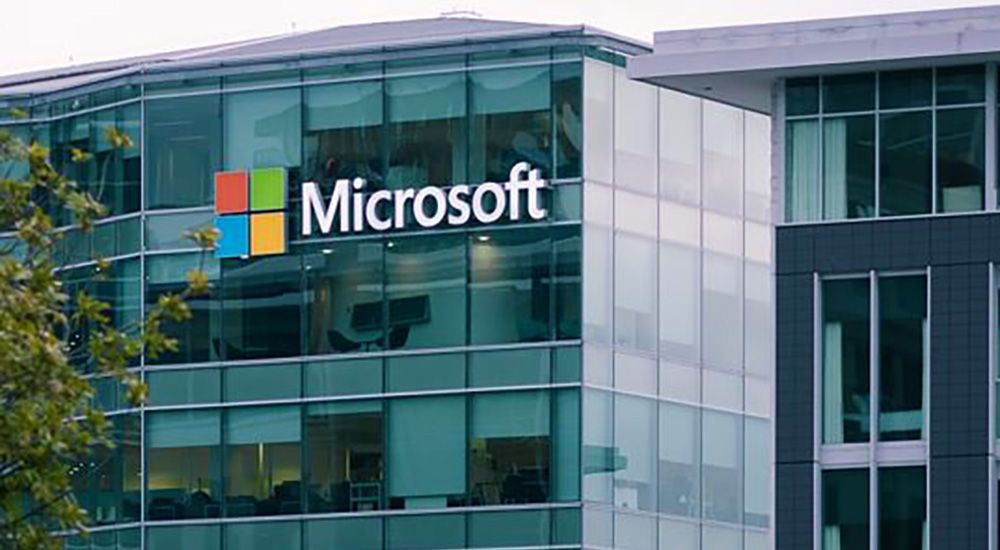
The European Union has accepted commitments from Microsoft to separate its Teams communications app from its Office suite, ending a long-running antitrust probe and sparing the U.S. tech giant a potentially massive fine.
The decision, announced Friday by the European Commission, follows concerns that Microsoft’s practice of bundling Teams with Office 365 and Microsoft 365 unfairly disadvantaged competitors such as Slack and alfaview.
“Today’s decision opens up competition in this crucial market and ensures that businesses can freely choose the communication and collaboration product that best suits their needs,” said EU competition chief Teresa Ribera.
What Microsoft Agreed To
Under legally binding commitments that will run for at least seven years, Microsoft pledged to:
Sell Office 365 and Microsoft 365 without Teams at a lower price than the bundled version.
Allow customers with long-term licences to switch to Office suites without Teams.
Guarantee data portability so customers can easily migrate to rival apps.
Enhance interoperability between Microsoft products and third-party applications.
Failure to comply could expose Microsoft to fines of up to 10% of its global annual turnover.
Background to the Case
The EU investigation began in 2023, following a complaint by Slack in 2020 — later joined by Germany’s alfaview — that Microsoft’s bundling strategy stifled fair competition in the rapidly growing workplace communications market.
Although Microsoft offered partial unbundling of Teams in Europe in 2023 and later globally, regulators in Brussels deemed those measures inadequate. The latest package of concessions, submitted in May, has now been approved.
Wider Implications
The ruling reflects the EU’s tougher stance on Big Tech, as regulators increasingly target bundling practices, interoperability barriers, and market dominance that restrict consumer choice.
Microsoft’s case is seen as a test of how far the bloc is willing to go in reshaping competition in digital markets.
By avoiding a fine, Microsoft has averted a costly penalty, but the legally binding commitments mark a significant regulatory win for Europe’s antitrust watchdogs — and a shift in how one of the world’s largest software companies does business.



